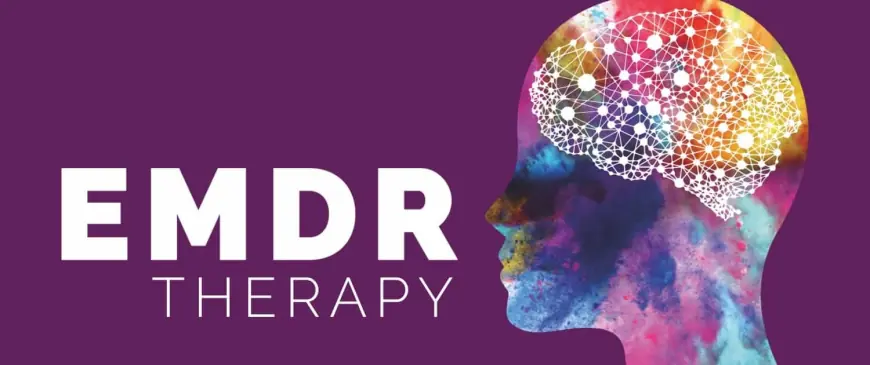Certified EMDR Therapists: Your Guide to Healing Trauma
Eye Movement Desensitization and Reprocessing (EMDR) therapy is a powerful psychotherapy technique designed to alleviate symptoms of trauma and other mental health conditions. It involves a specific set of procedures that help individuals process distressing memories and negative emotions.

Eye Movement Desensitization and Reprocessing (EMDR) therapy is a powerful psychotherapy technique designed to alleviate symptoms of trauma and other mental health conditions. It involves a specific set of procedures that help individuals process distressing memories and negative emotions.
The Role of a Certified EMDR Therapist
A Certified EMDR Therapist is a mental health professional who has undergone specialized training and certification in EMDR therapy. They have a deep understanding of the EMDR protocol and are skilled in guiding clients through the therapy process.
Why Choose a Certified EMDR Therapist?
- Expertise and Training: Certified EMDR therapists have completed rigorous training and adhere to specific standards of practice. This ensures that they are qualified to provide effective and safe EMDR therapy.
- Personalized Treatment: EMDR therapy is tailored to each individual's needs. A certified therapist can assess your specific situation and develop a treatment plan that addresses your unique challenges.
- Proven Effectiveness: EMDR therapy has been extensively researched and shown to be highly effective for treating a variety of conditions, including:
- Post-Traumatic Stress Disorder (PTSD)
- Anxiety disorders
- Depression
- Panic disorder
- Phobias
- Grief and loss
- Chronic pain
- Faster Recovery: EMDR therapy can often lead to significant improvements in symptoms in a relatively short period. This can be especially beneficial for individuals who have struggled with trauma for a long time.
How to Find a Certified EMDR Therapist
- EMDR International Association (EMDRIA): This organization maintains a database of certified EMDR therapists worldwide. You can search for therapists in your area on their website.
- Mental Health Professional Referral Services: Many mental health organizations and insurance providers offer referral services to help you find qualified therapists.
- Word-of-Mouth: Ask your primary care physician, friends, or family members for recommendations.
What to Expect in EMDR Therapy
During EMDR therapy sessions, your therapist will guide you through a series of steps, including:
- History Taking: Your therapist will gather information about your past experiences and current symptoms.
- Preparation: You will learn relaxation techniques and cognitive processing skills.
- Processing Phase: This is the core of EMDR therapy, where you will focus on a specific traumatic memory while engaging in bilateral stimulation (e.g., eye movements, tapping, or audio tones).
- Integration and Evaluation: Your therapist will help you integrate the processed memories into your overall life and assess your progress.
What's Your Reaction?
 Like
0
Like
0
 Dislike
0
Dislike
0
 Love
0
Love
0
 Funny
0
Funny
0
 Angry
0
Angry
0
 Sad
0
Sad
0
 Wow
0
Wow
0



























































